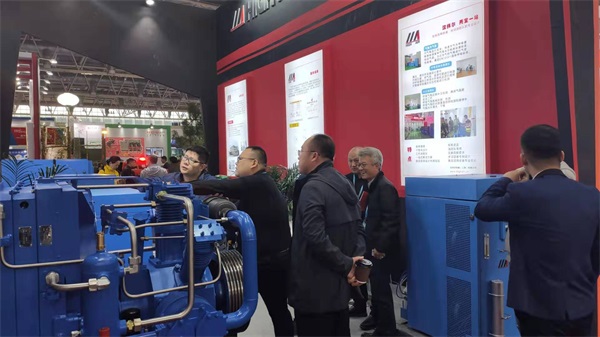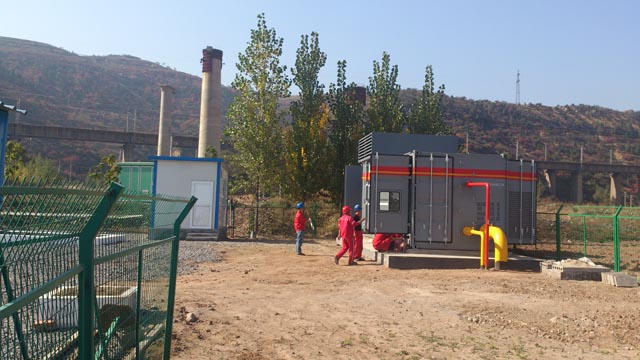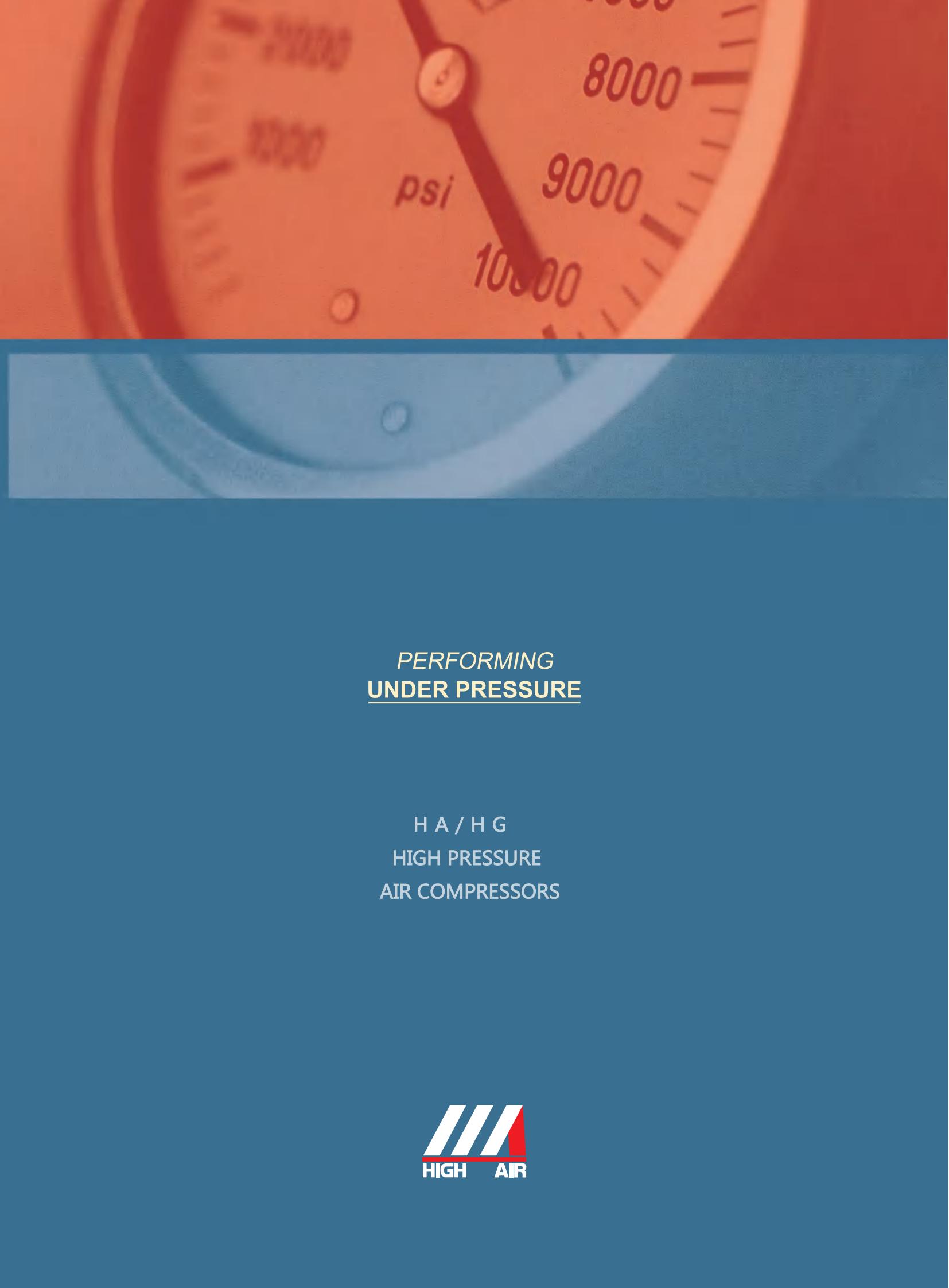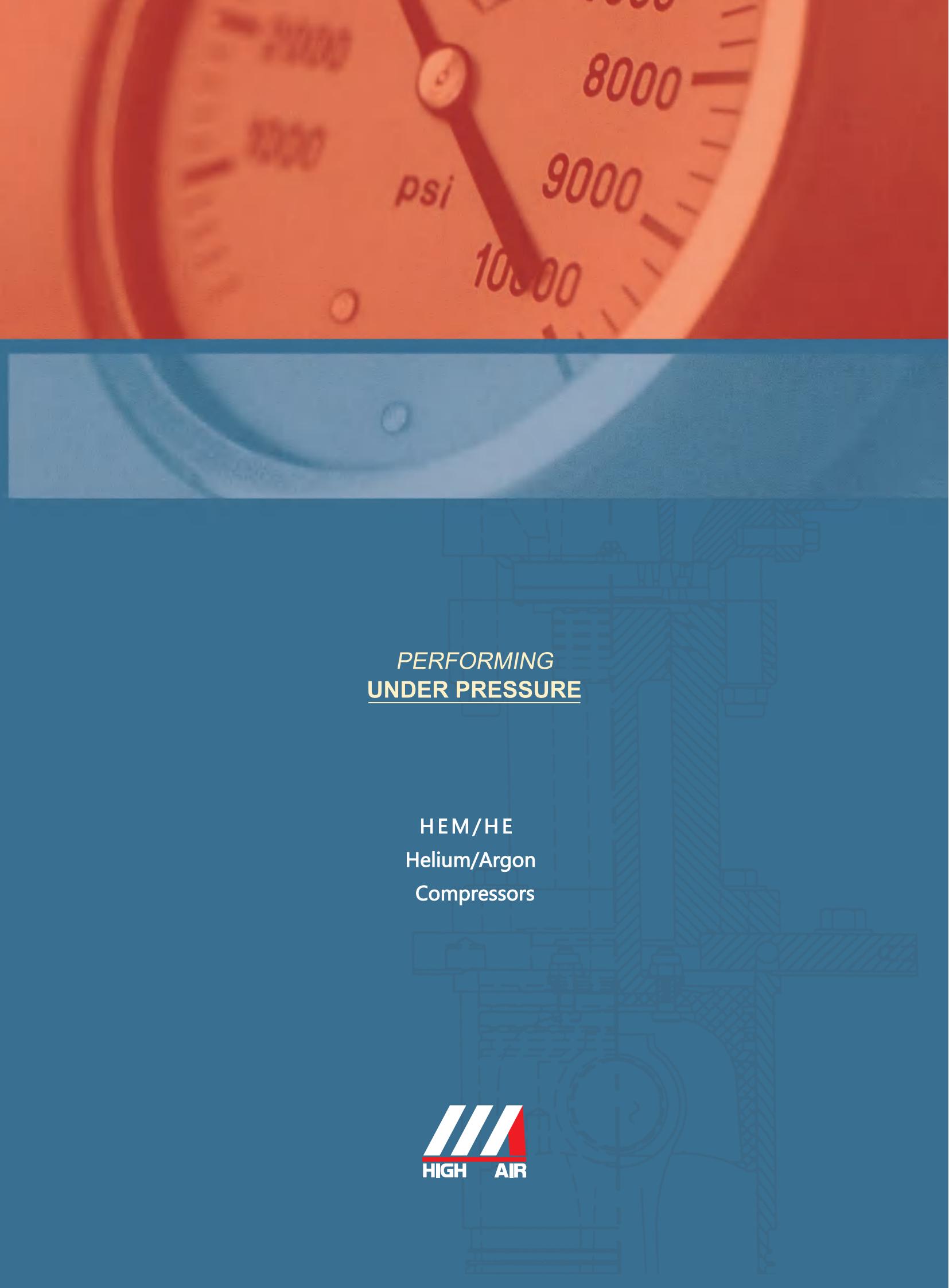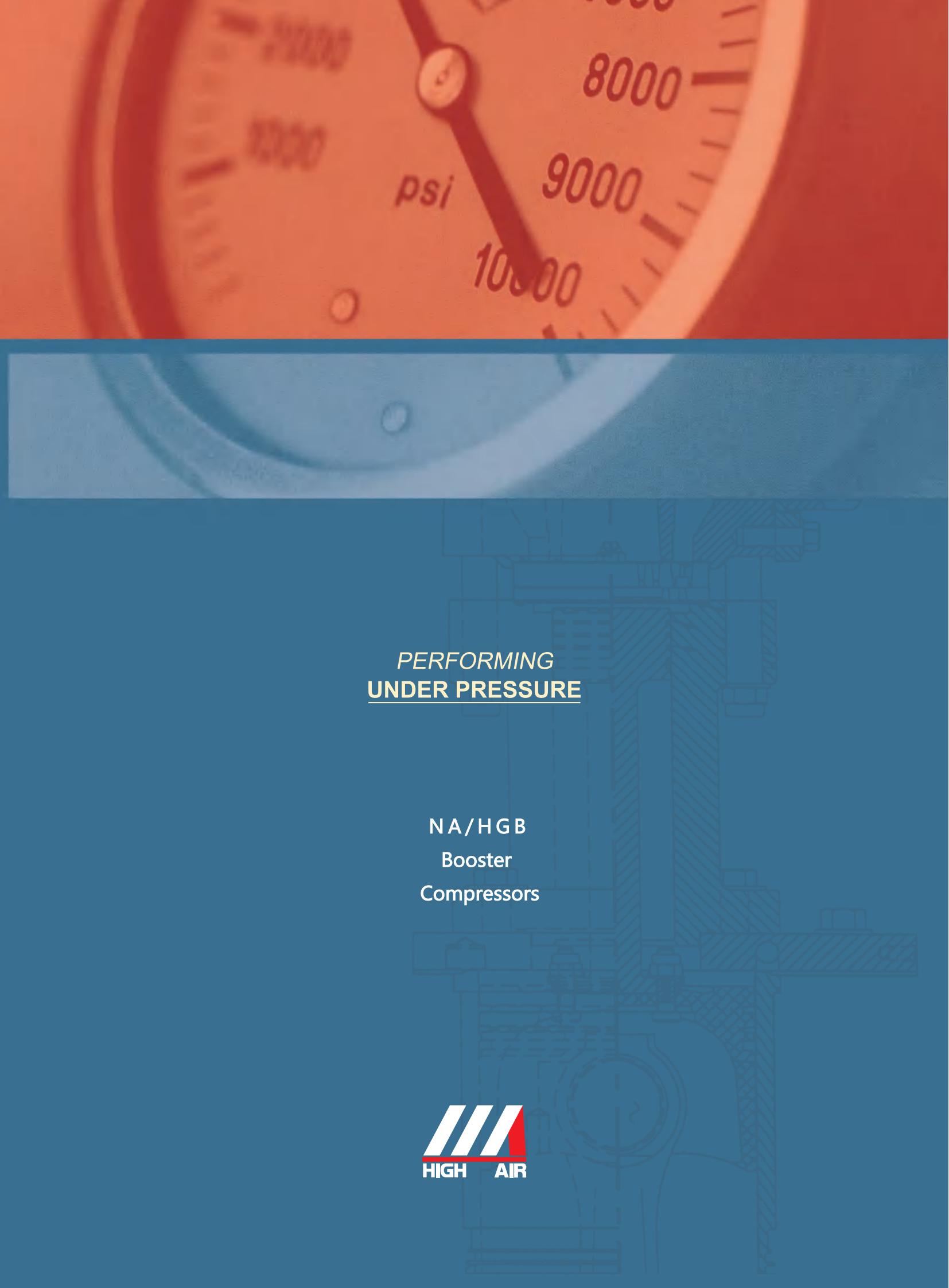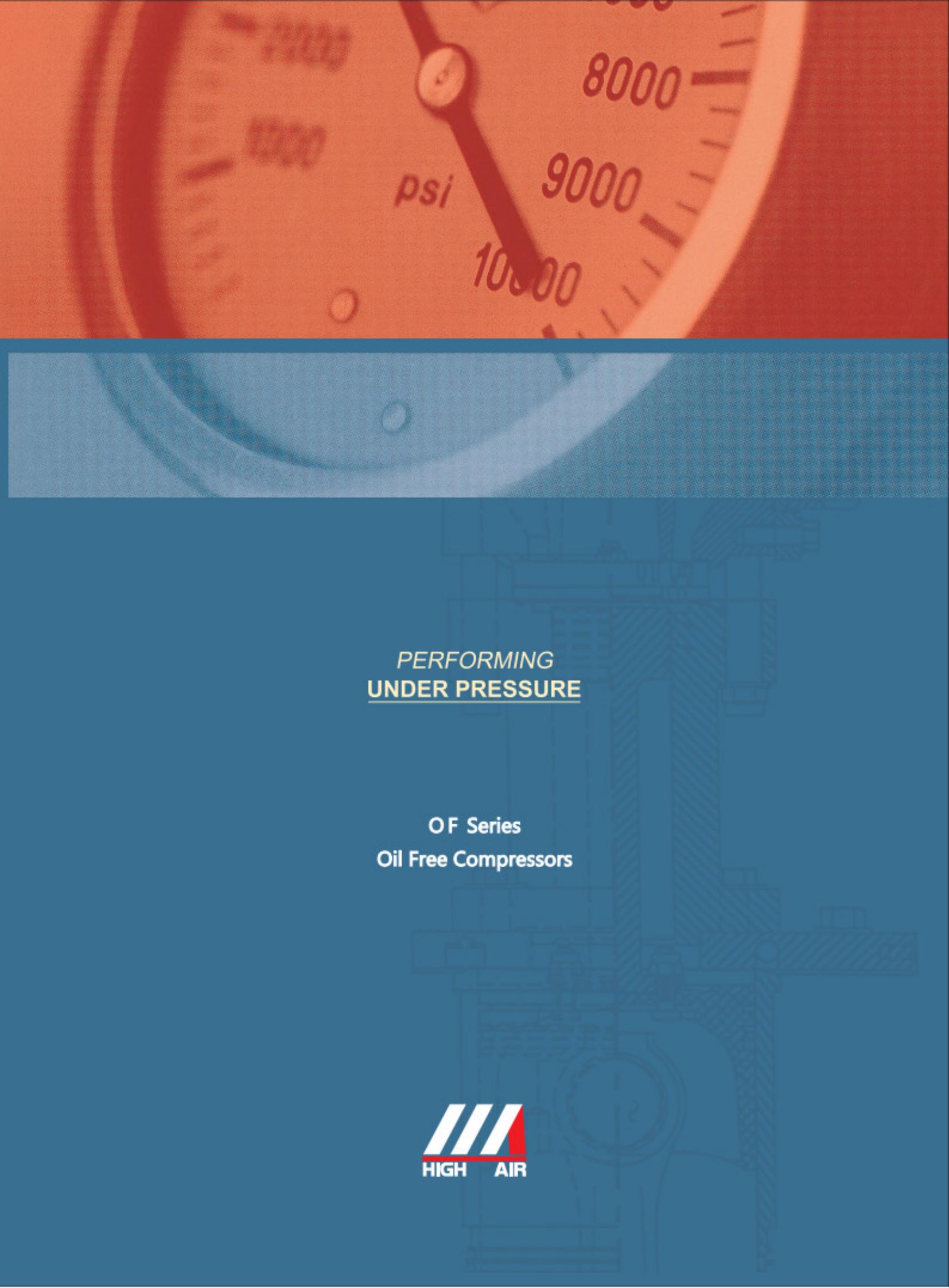Working principle of centrifugal compressor
The main components of centrifugal compressor for compressing gas are impeller rotating at high speed and diffuser with increasing flow area. In short, the working principle of centrifugal compressor is to work on gas through impeller. In the flow channel of impeller and diffuser, the mechanical energy is converted into the pressure energy of gas by centrifugal boosting and speed reduction and diffusion.
More generally speaking, when the gas flows through the impeller of the centrifugal compressor, the impeller running at high speed makes the pressure of the gas increase on the one hand and the speed increase greatly on the other hand, that is, the centrifugal compressor first converts the mechanical energy of the prime Mover into the static pressure energy and kinetic energy of the gas through the impeller. After that, when the gas flows through the channel of the diffuser, the cross-section of the channel gradually increases, the flow velocity of the front gas molecules decreases, and the latter gas molecules continuously flow forward, so that most of the kinetic energy of the gas is converted into static pressure energy, which further plays the role of pressurization. Obviously, the work done by the impeller on the gas is the fundamental reason for the gas to increase its pressure, and the work done by the impeller on the unit mass of gas in unit time is closely related to the peripheral speed of the outer edge of the impeller. The greater the peripheral speed, the greater the work done by the impeller on the gas.

